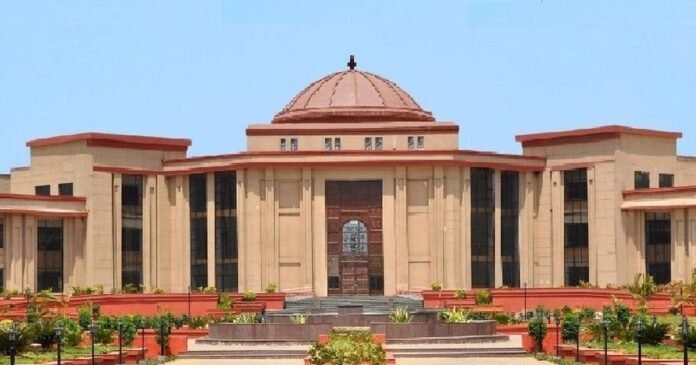Chhattisgarh High Court rules that a wife divorced on adultery grounds is barred from claiming maintenance under Section 125(4) CrPC.
Subheading:
A recent ruling by the Chhattisgarh High Court reiterates the legal bar on maintenance claims if divorce is granted on adultery grounds, citing Section 125(4) CrPC.
In a significant ruling that underscores the intersection of personal law and criminal procedure, the Chhattisgarh High Court held that once a decree of divorce is granted on the ground of adultery, it effectively disqualifies the wife from claiming maintenance under Section 125(4) of the CrPC.
The ruling came in the case of Resham Lal Dewangan vs. Suman Dewangan, where the husband challenged a lower court’s direction to provide maintenance to his estranged wife, despite a prior divorce granted on the ground of her alleged adulterous conduct.
Divorce Based on Adultery: Legal Ramifications
The Court, while interpreting Section 125(4) of the Code of Criminal Procedure, observed that the bar on maintenance is triggered if the wife is “living in adultery” or “refuses to live with her husband without sufficient reason.” The bench noted that a previous judicial finding of adultery—one that had already been accepted by a family court in divorce proceedings—has direct legal significance in deciding eligibility under this provision.
“Once the decree for divorce is granted on the ground of adultery, such finding is relevant for deciding the issue of adultery in the present case,” the Court remarked. It concluded that allowing maintenance in such a scenario would be in contradiction with the spirit of Section 125(4) CrPC.
Balancing Welfare with Statutory Limitations
While Section 125 CrPC is a beneficial provision designed to protect the rights of destitute wives and children, the Court reiterated that such benefits are not unconditional. The disqualification under subsection (4) reflects a legislative intent to prevent abuse of maintenance provisions by spouses found to have breached marital conduct.
This judgment adds to a growing body of decisions where courts have carefully assessed whether maintenance claims are justifiable in light of the petitioner’s own conduct. It also sends a message reinforcing the accountability within matrimonial relationships, particularly when legal conclusions about misconduct have already been drawn.
A Closer Look at Resham Lal Dewangan Case
In this particular case, the petitioner (husband) successfully secured a divorce decree from a competent court, which found that the wife had committed adultery. Subsequently, when the wife sought maintenance under Section 125, the magistrate court had ruled in her favour, arguing that the earlier divorce did not conclusively determine ongoing adultery.
However, the High Court disagreed. It held that a judicial finding of adultery, especially when it forms the basis of divorce, cannot be ignored while deciding a claim for maintenance under criminal law. The judge clarified that no further proof of continuing adultery was needed once a competent court had already rendered such a conclusion.
Legal and Social Implications
This ruling is likely to influence future interpretations of Section 125(4), especially in cases where personal law findings intersect with procedural claims under criminal law. Critics may argue that it potentially leaves divorced women vulnerable, particularly when financial dependency continues. However, supporters view it as a necessary correction against misuse of protective legal provisions.
The ruling also places an implicit onus on courts to harmonize civil and criminal proceedings, particularly where marital misconduct is already judicially determined.
For readers following legal discourse, this case emphasizes the significance of evidentiary findings and highlights how civil findings of misconduct can bear weight across other domains of law.
Readers can explore more legal updates under News and National sections. For deeper analysis on family law matters, visit our Insight page.
You can also catch our video coverage on similar legal debates via our official YouTube channel.




